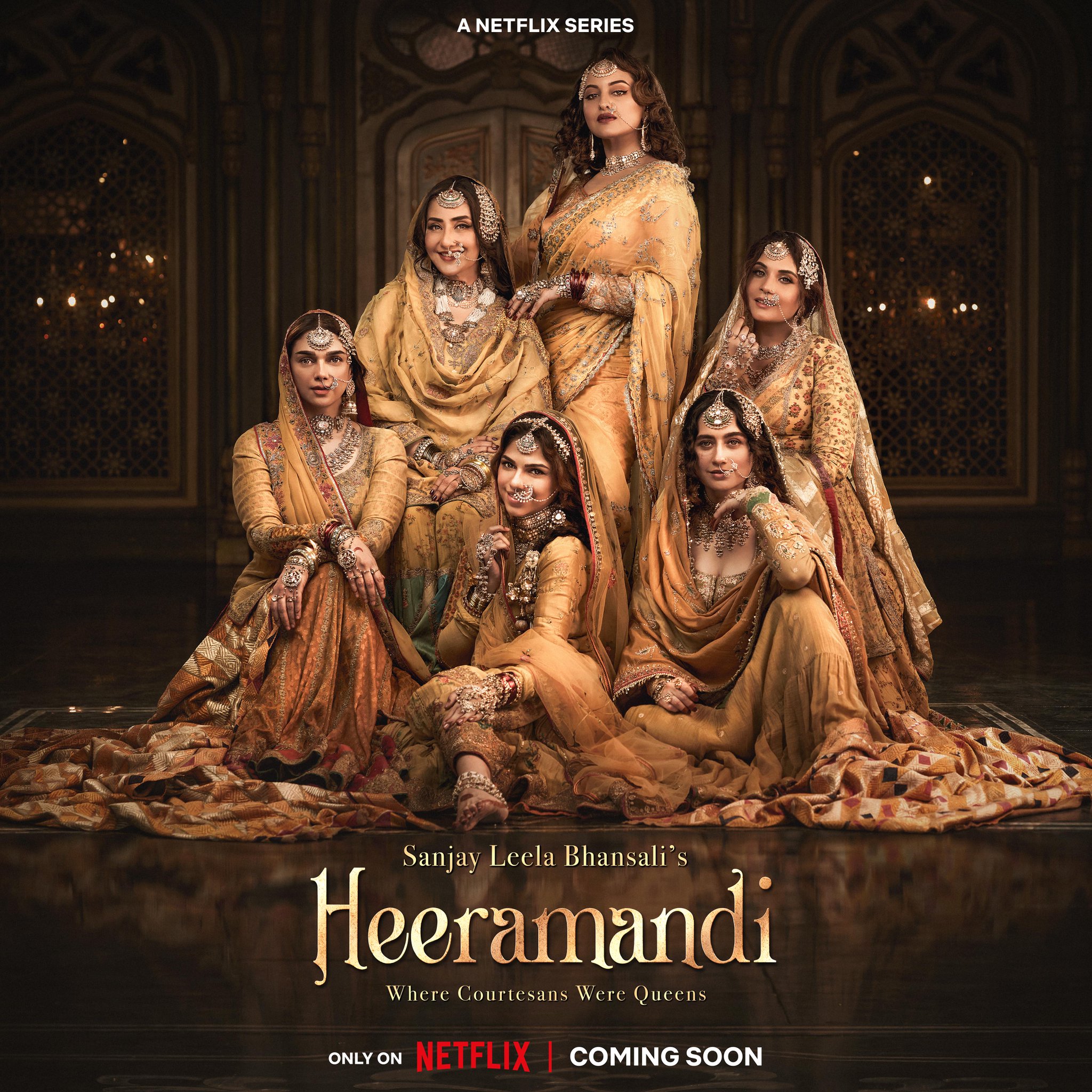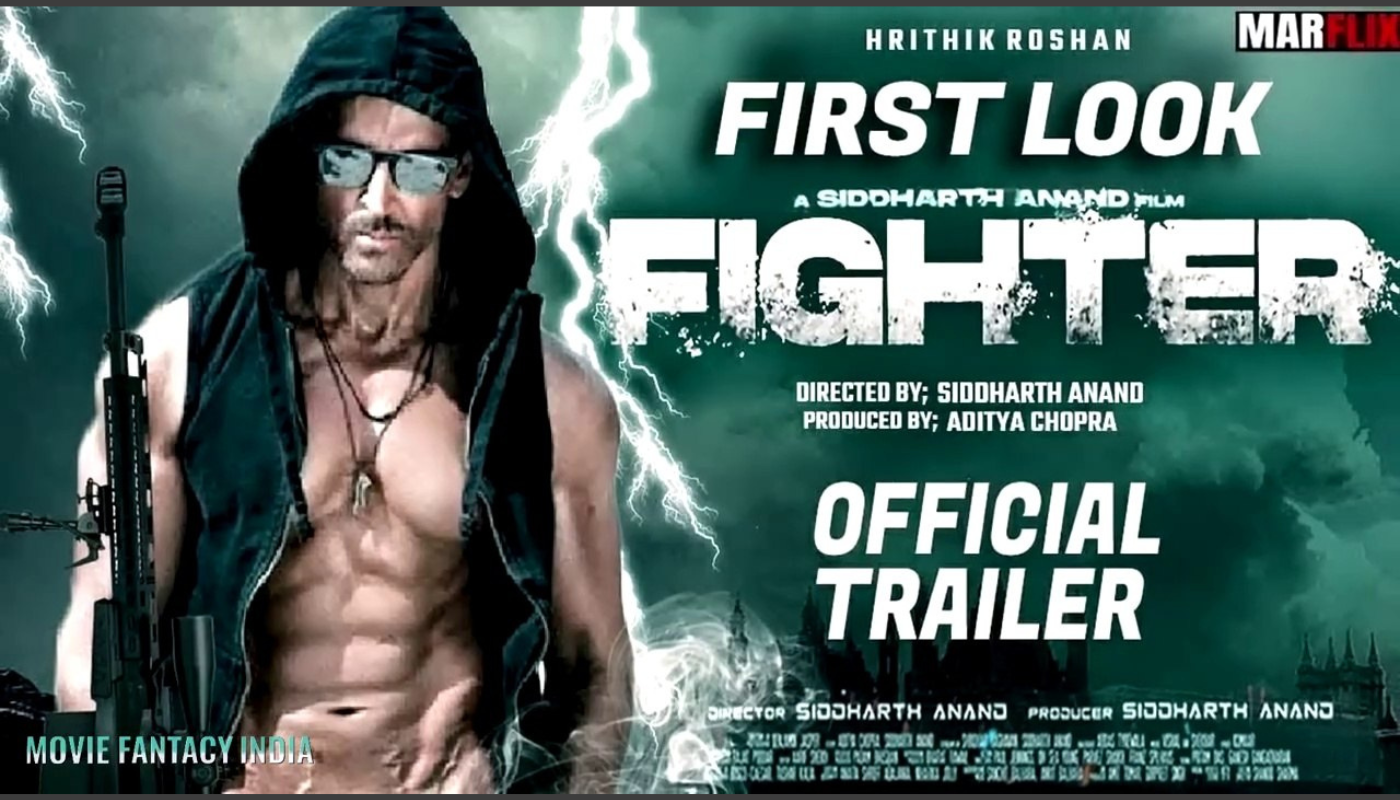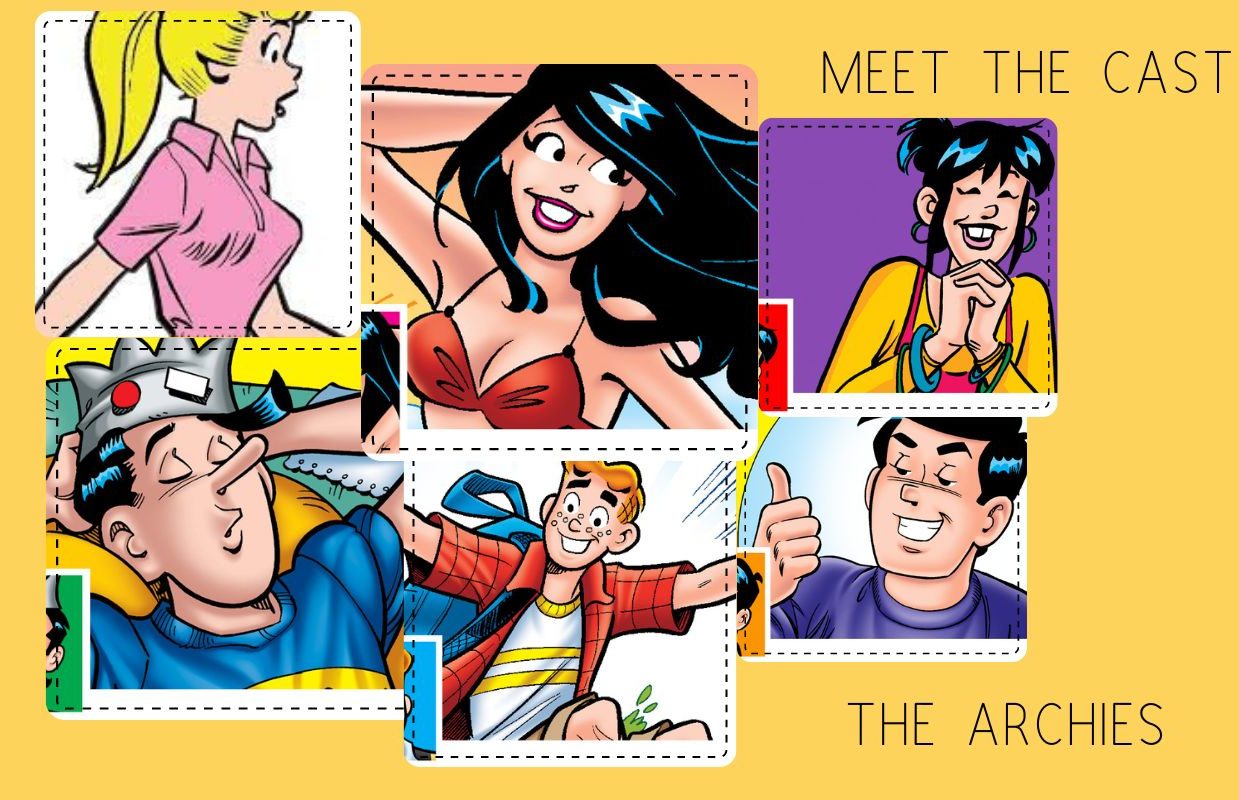Which elements did you have to incorporate and which real incidents did you have to drop while making Black Friday?
When I started work on the film, there were so many stories and so much material. I had the option of making it either from Badshah Khan, the police point of view or to have an objective view. We chose the objective point of view, after which we had to decide what to keep and what to eliminate. The film starts with the blasts, goes into the police investigations and through that, goes into the lives of people who planned the blasts and the conspiracy that emerges from it.
Barring these aspects, everything else in the book (crime reporter S Hussain Zaidi’s book) has been omitted. The film is based on the book , as also the charge sheets, the police findings and media reports. There is no scope for any prejudices in it.
Why did you choose to do away with Sanjay Dutt involvement in the blasts, from your film? Wouldn’t it have added more spice to your film?
It was a conscious decision to keep Sanjay Dutt out of the film. There was a degree of separation between Sanjay Dutt and the bomb blasts. Since his involvement had nothing to do with the main conspiracy, we kept it out. Adding Sanjay’s story would have added spice, created hype and helped market the film better, but it would kill the integrity of the film. So when there was a choice between integrity and marketing, I stood by the decision my producer and I had taken initially. I still don’t repent it.
What is the status of the television series that was going to be made on Black Friday?
Yes, we had planned to make a television series on Black Friday, but the plans have not been concretised yet. Arindam Mitra (producer of Black Friday) wants to do it but the details have yet to be worked out.
Black Friday deals with a very sensitive issue. What was the research involved in formulating the script?
At any given point of time, the biggest fear was to get it right. It was not possible to project it absolutely the way it happened, but we have got the essence and the spirit right. One and a half years of research work went into the project. The research group comprised of six people, in addition to three people from the Midday group of publications, along with Chandramohan Krupala, who was the creative consultant. Casting for the film was a part of the research. Getting photographs of the accused, their lifestyles, especially that of Tiger Memon was essential because relatively little was known about him. We also tried to find things about Dawood Ibrahim, because the only Dawood we know is the photograph which is being published for many years now. We also interviewed senior police officers A S Samra and Rakesh Maria, attended TADA court sessions posing as journalists. I wanted to shoot at real locations, so that too was a part of our research. The book helped us to a great extent, but reading a book is very different from creating on cinema. The most difficult part was to create the ambience of 1993, because there were no mobile phones in those days, and the Maruti 1000 was the latest car at the time. There was no satellite television in those days, as against today, when the skyline is dotted with hoardings about TV programmes. We had to shoot top angles in those cases.
Even though Black Friday could not be released, the markets were flooded with pirated versions of the film. Do you think that would in any way hamper the box office collections of the film now?
Whenever I have seen a film and have liked it, I have seen it at least twice in the theatre and have also bought a DVD of the film and watched it again. So if a film is good, it will be watched.
How was the film treated by the censor board?
The film just has four minor cuts, where abuses have been cut out. The censors have retained all the names of the gangsters. The film has been passed with an ‘A’ certificate.
Films with riots as a backdrop always face flak after release. Are you mentally prepared for that?
When you do something, you have to be prepared for everything. I stand by my film and will face anything that comes with it. When people watch the film, I will stand there and face the questions and answer them. If I am wrong I will admit that too. If I am right, I will fight for it tooth and nail.
Now that the court has resolved the blasts cases and most of the accused have been convicted, would you want to make a sequel to your film depicting this as well?
No. I have said everything I wanted to in this one film. I don’t want to repeat it. I don’t want to make a movie on a topic as large as terrorism. If ever I would want to make a sequel, it would be for No Smoking, my other film, because that movie is more subjective.
Generally, a director would prefer disassociating himself from his film after it is ready so that he can move on. But luck didn’t let that happen to you because of the delayed release. How do you cope with this?
I’m actually a very detached person, but I am detached from people not from my work. Even though I may want to detach myself from my movies, I couldn’t. I am still attached to Paanch! After I made Black Friday, I met people like Steven Soderbergh and many others, people I could only have dreamt of meeting! I was called to deliver lectures at the Princeton and Columbia Universities. So, even if Black Friday didn’t release, it gave me much more than I could have asked for.
Your directorial ventures have always faced pre-release flak. Has that ever been a disadvantage?
We are a country where people don’t like to be put in an uncomfortable position. They don’t like to face questions and be put in a situation where they have to face questions. Everyone likes to be comfortable and cushioned. Nobody likes to look into the mirror unless they are all dressed! I have been told many times that I am jinxed, and it kind of affects you. I had also started thinking that something was seriously wrong with me. But now I have a lot of faith in myself.
Writing dialogues and direction of films happened accidentally to you. Which part do you enjoy more?
I like writing and directing for myself the most. I like to write for old experienced filmmakers from whom I get to learn lot or for young directors who want to have their say, come what may. For instance, Satya was good schooling for me, I didn’t write it completely, but learnt the most from it. I also learnt a lot in Yuva, because Ratnam pushes your boundaries and you learn a lot about yourself. I also enjoyed doing films like Shoonya, Honeymoon Travels Pvt. Ltd. , Mixed Doubles and also filmi dialogues in Nayak.
For me, writing is not a job, whenever I feel it’s a job I stop writing. I project reality in my own films and in others’ films, I undertake all sorts of work because it helps me grow. I also work for money.
Is it easy or tough to project reality?
It’s easy. It’s far easier to be real than to be fake. It costs a lot of money to be fake because you need to make artificial sets, get designer clothes, and you have to be happy. But to project reality you have to just be.
At some point, every director wants to make a big budget film with many actors. Do you feel the same too?
I have a film that needs a big budget. If I can get a big budget without stars, I would be the happiest. Actually I had prejudices about stars earlier, but John has completely shattered my prejudices. He made me feel that I was more of a snob than stars were!



